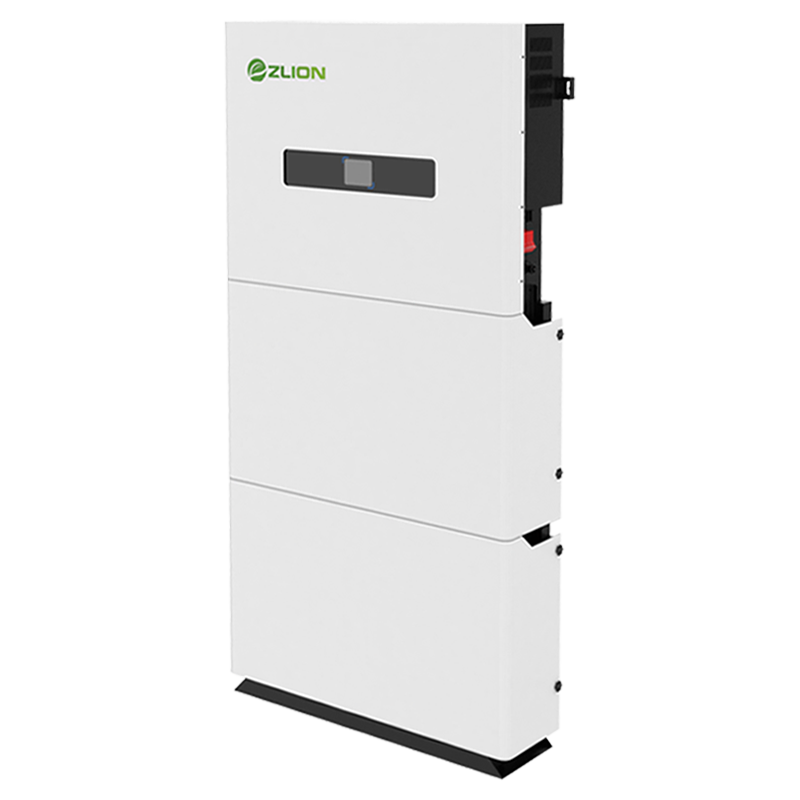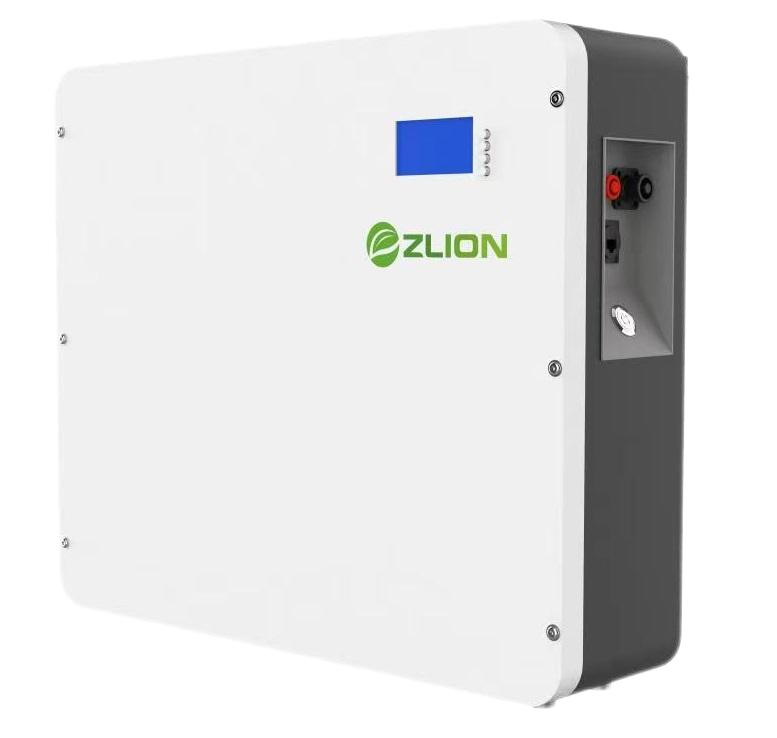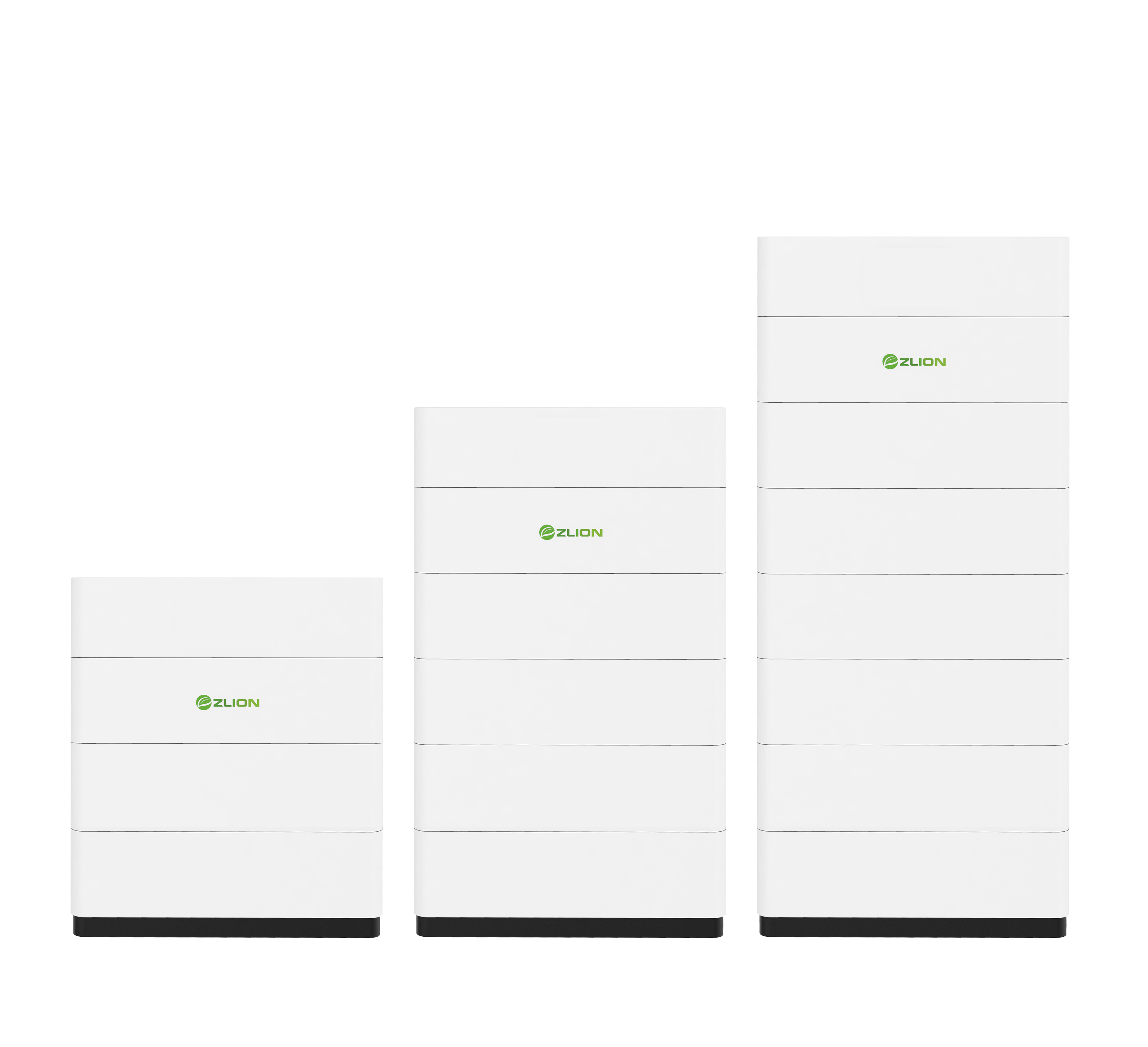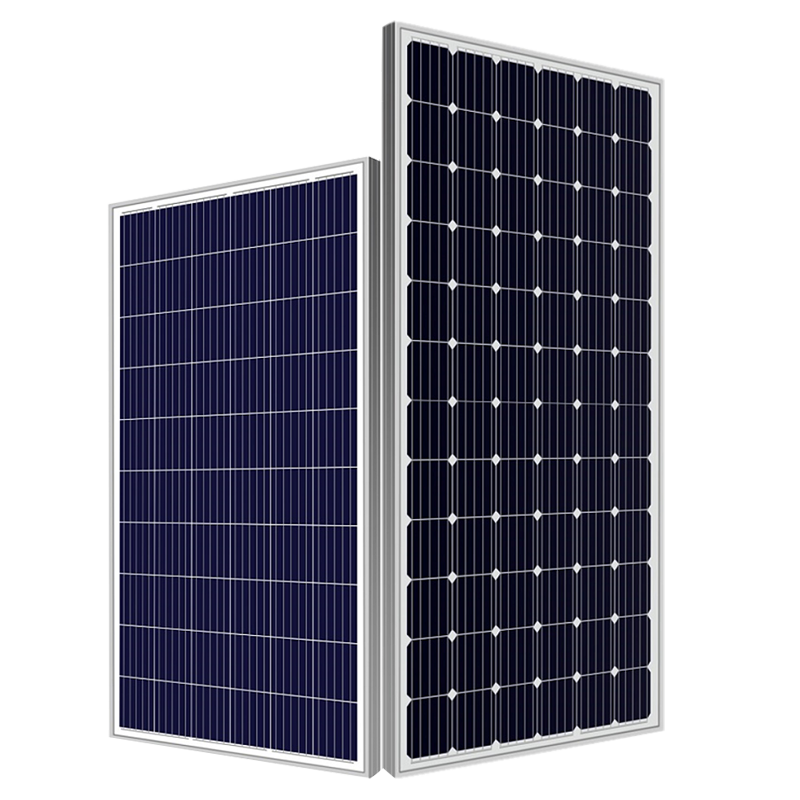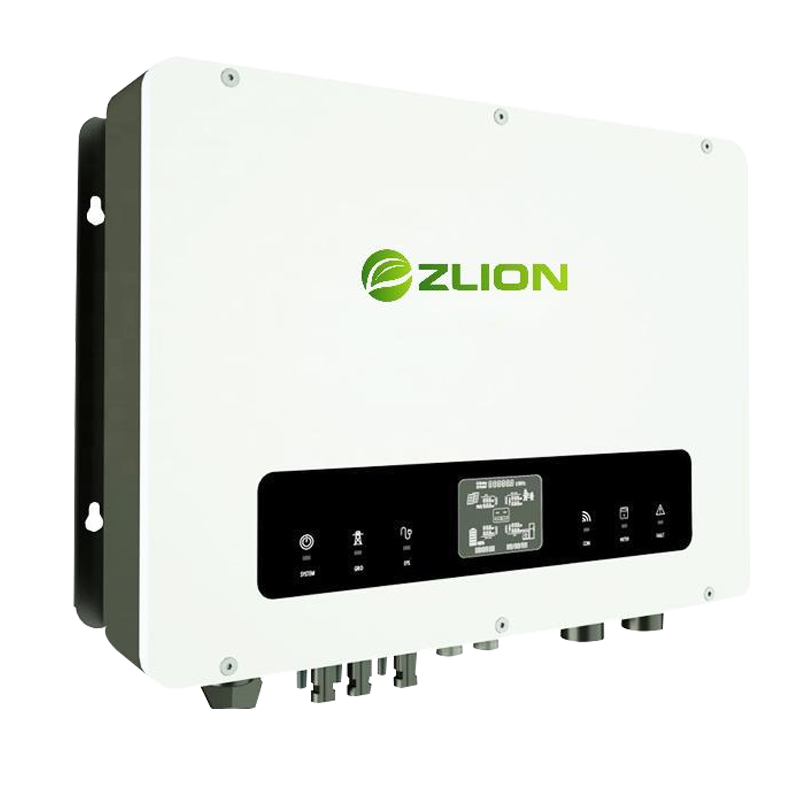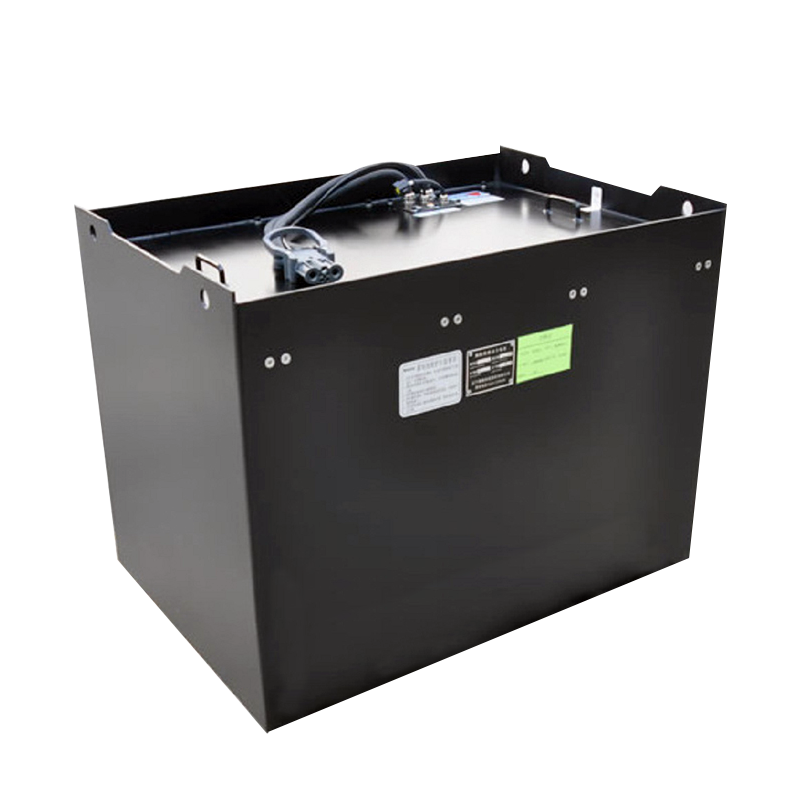Here are some key factors and steps to help you make an informed choice:
1. Battery capacity
• Definition: Battery capacity is usually expressed in ampere-hours (Ah) or kilowatt-hours (kWh), which determines how much power a battery can store.
• Considerations: Choose the right capacity based on your daily electricity needs. Calculate the power and usage time of all electrical equipment to ensure that the battery can meet the needs of a day or more. For example, if you need to run your refrigerator, TV, lights, etc., every day, then you need a battery with a larger capacity.
2. Voltage level
• Definition: Common RV lithium battery voltages are 12V, 24V and 48V.
• Considerations: Choose the right voltage based on the requirements of your RV's electrical system and inverter. If you already have an electrical system in place, try to choose a voltage level that is compatible with it to avoid additional switching costs.
3. Battery type
• Lithium iron phosphate (LFP) battery: with high safety and long life, suitable for long time use and good temperature resistance.
Ternary lithium battery (NMC) : high energy density, but relatively low safety, price is also high.
• Lead-acid battery: Traditional option, cheap but short life, heavy weight, not suitable for modern motorhomes.
4. Cycle life
• Definition: refers to the number of times a battery can be used when fully charged and discharged.
• Consideration: Choosing a battery with a long cycle life can reduce the frequency of replacement and reduce long-term costs. Lithium iron phosphate batteries generally have a higher cycle life (such as more than 3,000 cycles), while lead-acid batteries have a shorter cycle life (about 500 cycles).
5. Charge and discharge efficiency
• Definition: The proportion of energy lost during charging and discharging of a battery.
• Considerations: High-efficiency batteries can be filled faster when charged and provide more available energy when discharged. The charge and discharge efficiency of lithium batteries is generally more than 90%, while lead-acid batteries are lower.
6. Temperature adaptability
• Definition: The performance of the battery at different temperatures.
• Considerations: Choose a battery that can function well in extreme temperatures, especially in hot or cold environments. Lithium iron phosphate batteries perform better in this regard and are able to operate stably over a wide temperature range.
7. Installation space and weight
• Definition: The physical size and weight of the battery.
• Considerations: Make sure the battery is the right size and weight for your RV installation space. Lithium batteries are generally lighter and smaller than lead-acid batteries, making them easier to install and handle.
8. Brand and after-sales service
• Definition: Choose a well-known brand of battery, you can get better quality and after-sales service.
• Considerations: Understand the brand's word-of-mouth and user reviews, and choose a brand with good after-sales service to ensure timely help and support in case of problems.
9. Budget
• Definition: The cost of purchasing a battery.
• Considerations: Choose the right battery for your budget. Although lithium iron phosphate batteries are more expensive, their long life and high performance can reduce long-term use costs.

